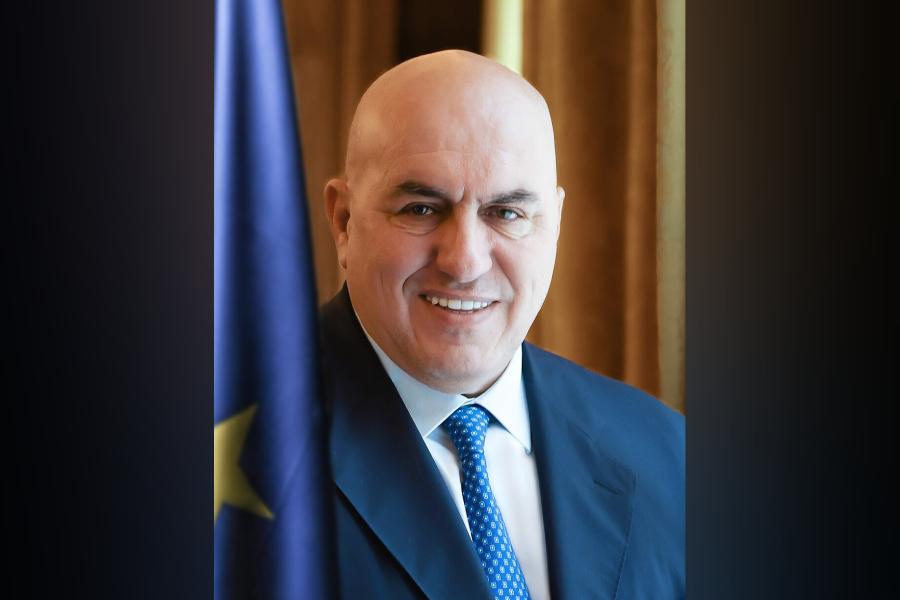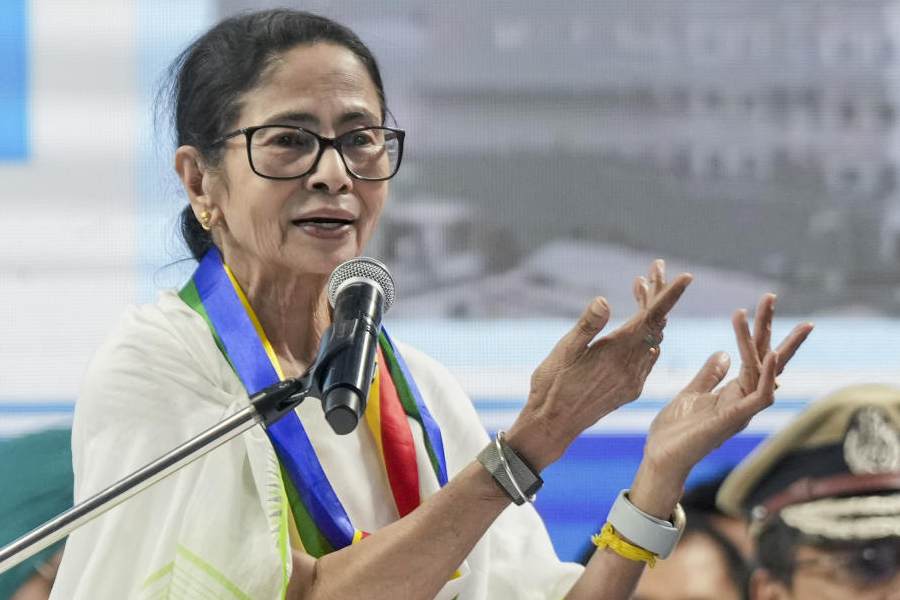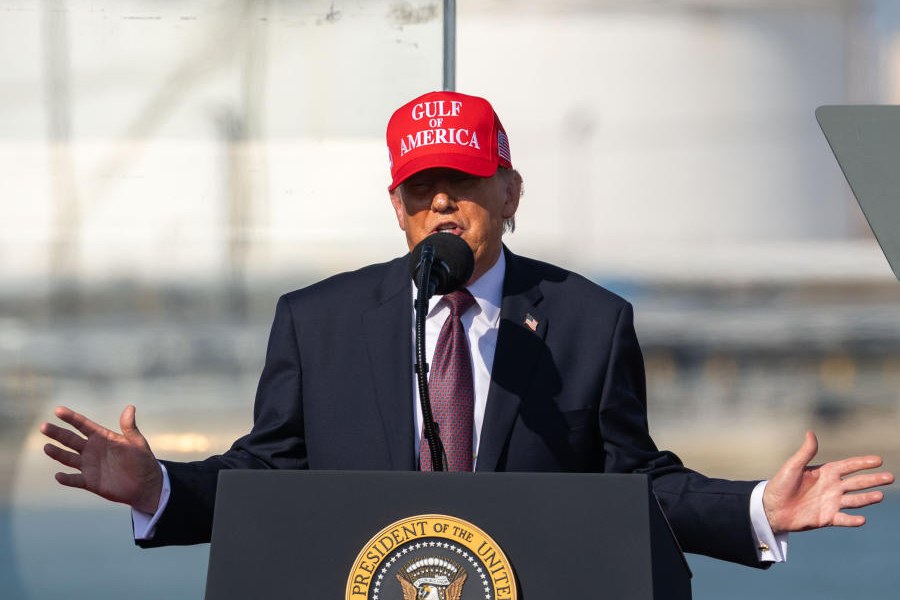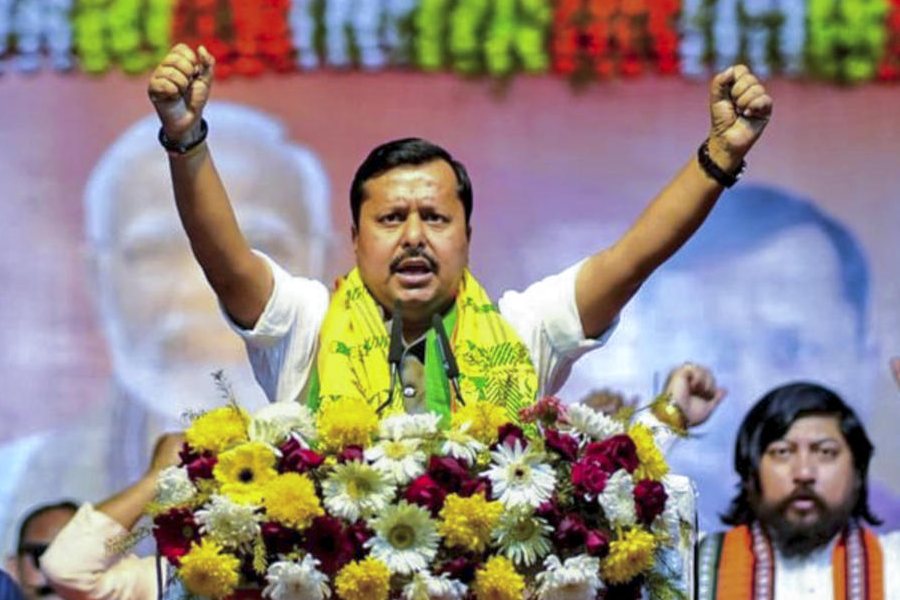 |
| Kabeer Kaushik and (below) his film Sehar |
 |
Q: Your film, Sehar, is based on true-life incidents. Aren’t all such crime films nowadays, serious or Bollywoodish, that?
If the idea is to come out with something original, then perforce one has to employ research: talk to the people, analyse their backgrounds and crosscheck the antecedents of their content. Time, a lot of it, is involved. It is a long haul!
Q: This one is based on the life of SSP Arun Kumar?
Yes, it is. He is now DIG (CBI), handling TELGI and other high-profile cases.
Q: Does the real-life Arun Kumar feature in it, too, perhaps as another character?
No, he does not feature in the film. Once he was comfortable with our bonafides, and this took some time, he got himself proactively involved with the script development. The process went on for almost three years.
In fact, there were lots many other police officers who also contributed to the research: Satyendra Veer (now SSP, Mathura), Rajesh Pandey (now SP, STF). He has been in the news for cracking the Mumbai stockbroker’s son’s abduction case, Inderjeet Singh Teotia (DSP, STF) and others.
Incidentally, all of them, including Arun Kumar, were involved in the shootout that took place on Park Street, Calcutta, on December 14, 1998. Four gangsters were shot dead. Majeet Singh Mange, a trusted lieutenant of Babloo Shrivastava, wanted in Custom Collector L.D. Arora’s murder case by CBI, was grievously injured.
The Telegraph had covered it exhaustively.
Q: And who is this Shukla whom he waged war against?
Sriprakash Shukla was a young mafia don from Gorakhpur. He challenged the old order comprising Hari Shankar Tiwari, Virendra Pratap Sahi, Kunwar Upendra Vikram Singh, D.P. Yadav and others. An ace sharp-shooter, his writ reigned supreme. Some say that he had taken a Rs 6 crore supaari on Chief Minister Kalyan Singh. When encountered, he was only 24 years old.
Q: Evidently, the film is grim. Then why is it titled, Sehar, the dawn? Or are you going to say, because it has a positive end, an optimistic conclusion? And is that for the ‘market’ or do you genuinely feel that way?
I have taken this lafz (word) from Faiz Ahmed Faiz’s kalaam ? Woh intezaar tha jiska,/Yeh woh sehar to nahin. He, disturbed by the Partition and its immediate aftermath, had written it on the eve of Independence. The intrinsic thought being, ‘Is this the dawn that we had toiled for?’ Sehar, to my mind, as a title, reflects this turmoil.
Q: This is the first time that crime, north of Bihar and Mumbai, is being looked at. What made you choose that scenario?
The Special Task Force as a subject was intriguing. In the initial phase of the research itself, from the content unearthed and the memoirs gathered, it was self-evident that there were sufficient factual ingredients for a credible storyline. More importantly, the organised crime set-up of the North, cinematically was yet unexplored.
 |
 |
 |
| (From top) THE GOOD COPS: Ajay Devgan in GangaaJal; Aamir Khan in Sarfarosh and Nana Patekar in Ab Tak Chhappan |
Q: You have Arshad Warsi playing Arun Kumar. Earlier, more famously it was the two other As, Aamir in Sarfarosh, and Ajay in GangaaJal. How did you think an actor, who is just about clambering back, could take up that challenge?
Arshad, in my estimation, is a complete actor. Endowed with a perfect sense of timing, he has the unique ability to understand the subtext. His subtle nuances can give a different dimension to the scene. And definitely it was a challenging call for him. Few actors will have the strength to go in for this kind of a paradigm shift.
Q: Arshad is known more as a comic actor, a dancing star, and even his recent comebacks have earned him accolades for precisely that. Didn’t that deter you?
At the script level itself, the realisation was there that this will be a difficult film to shoot. Logistics. Production requirements. Creative dynamics. The list was endless. One needed a cast that was totally committed to the cause (if filmmaking can be called one). He was game. And we both went in for it.
Q: Who plays Shukla, by the way? Tell us why you hit upon that actor for the role.
Sushant Singh plays Shukla. Pankaj Kapur is essaying the role of a telecommunications expert whose services are outsourced by the STF. With actors like these on the sets, a different kind of creative dynamism moves in that is all-encompassing. It eventually benefits the film.
Q: Being a corporate ad heavy-weight, who’s done more than 300 corporate ads and TV spots, did you think a budget of Rs 3.8 crore was a huge constraint? And how come you switched from high-gloss subjects to grime and crime for your first feature film?
Approximately Rs 3.9 crore is the COP [cost of production]. There is an additional substantial allocation for publicity. It is in no way small!
The story interested me. It being crime-based was incidental. If the content is fascinating, I do not mind making a sex flick also.
Q: Recently, a lot of ad gurus are coming into feature films, the last being Pradip Sarkar. What do you think of their products? Which ones you liked and disliked most?
Directors with advertising backgrounds have an inherent advantage ? that of being comfortable with the technique of filmmaking. The only grey area for them is the story content that could sustain itself for two and a half hours. If they get access to that, then it becomes a strong combination. Sarfarosh [John Mathew Mathan] and Parineeta [Pradip Sarkar] are the examples of two such accessibilities.











